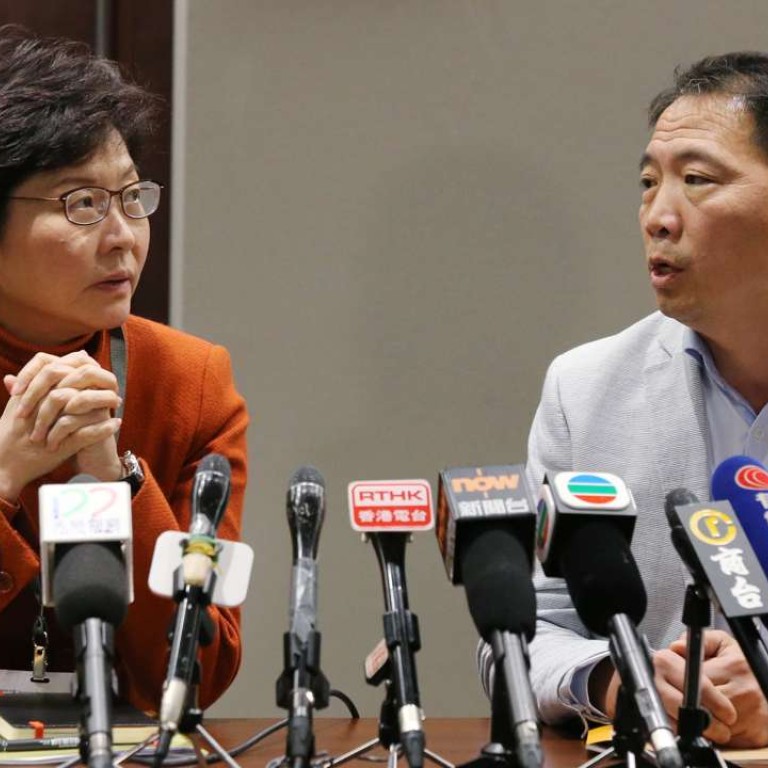
Will Hong Kong’s Democrats see reason, or push the city towards futility?
Philip Yeung calls on party chair Wu Chi-wai to compromise, as his all-or-nothing stance with the incoming Hong Kong chief executive risks putting the city’s future on hold while the pan-democrats play politics
The Democratic Party has become the party of negativity. And, if the utterances of its chairman are anything to go by, it is destined to become the party of futility.
We are witnessing the disappearance of the middle ground in our politics
This merely confirmed the perception that his party threw its weight behind Tsang simply because he was not Beijing’s preferred candidate.

Hong Kong won’t see universal suffrage without compromise. Do the pan-democrats realise this?
The once-mighty party of hope must not build its success on the next government’s failure
We are witnessing the disappearance of the middle ground in our politics. The last Legislative Council election might have spooked the Democrats – with moderates failing to win a single seat. Wu is feeling the pressure from other fringe opposition groups, each more radical than the other.
Veteran Democrat Martin Lee sets next Hong Kong leader two conditions to get party on board
Wu cannot lead from behind. The once-mighty party of hope must not build its success on the next government’s failure.
Philip Yeung is a former speechwriter to the president of the Hong Kong University of Science and Technology. [email protected]

